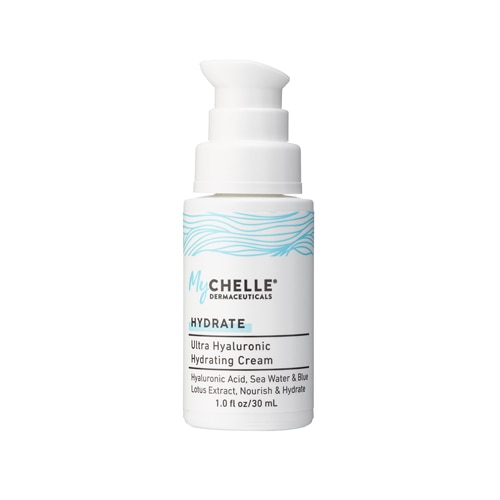 “‘Hypersensitive skin’ is not an official clinical term,” says Catie Wiggy, a licensed master esthetician and vice president of product innovation for French Transit, whose brands include MyChelle Dermaceuticals and Crystal natural deodorants.
Indeed, the American Academy of Dermatology doesn't define “hypersensitive skin” — or even “sensitive skin” — under its list of skin diseases and conditions.
“When a person has moderate to severe cases of inflammatory skin conditions, like rosacea, psoriasis or eczema, an individual likely believes their skin is hypersensitive,” Wiggy says. “Genetics, environment, age, hormones and gender can all impact skin sensitivity and play a role in causing visible skin reactions.”
Madisen English, a beauty blogger and influencer based in Charlotte, North Carolina, is certainly familiar with that. “I’ve always struggled with excessive dryness, redness, irritation, and I have eczema,” she says. For years she also coped with acne and hyperpigmentation. “I noticed that my skin was more prone to irritation, even from the simplest products.”
“‘Hypersensitive skin’ is not an official clinical term,” says Catie Wiggy, a licensed master esthetician and vice president of product innovation for French Transit, whose brands include MyChelle Dermaceuticals and Crystal natural deodorants.
Indeed, the American Academy of Dermatology doesn't define “hypersensitive skin” — or even “sensitive skin” — under its list of skin diseases and conditions.
“When a person has moderate to severe cases of inflammatory skin conditions, like rosacea, psoriasis or eczema, an individual likely believes their skin is hypersensitive,” Wiggy says. “Genetics, environment, age, hormones and gender can all impact skin sensitivity and play a role in causing visible skin reactions.”
Madisen English, a beauty blogger and influencer based in Charlotte, North Carolina, is certainly familiar with that. “I’ve always struggled with excessive dryness, redness, irritation, and I have eczema,” she says. For years she also coped with acne and hyperpigmentation. “I noticed that my skin was more prone to irritation, even from the simplest products.”
MyChelle Dermaceuticals Hydrate Ultra Hyaluronic Hydration Cream Description
-
Moisturizers
-
Nourish & Hydrate
-
For Normal Skin
-
Squalane & Plant Stem Cells
-
Gluten Free • Parabens Free
-
Petroleum Free • Phthalates Free
-
Silicone Free • Sulfates Free
-
Urea Free • No Artificial Fragrances or Colors
-
Vegan • Cruelty Free
A high-performance Hyaluronic Acid and Squalane-enriched moisturizer that delivers skin-quenching hydration combined with a nourishing botanical blend of Resistem Plant Stem Cells, Blue Lotus, Rose Petals and Freshwater Algae.
*These statements have not been evaluated by the Food and Drug Administration. This product is not intended to diagnose, treat, cure, or prevent any disease.



